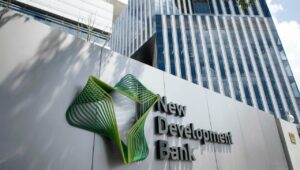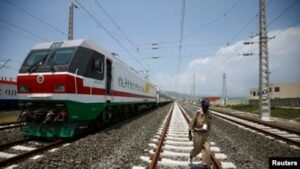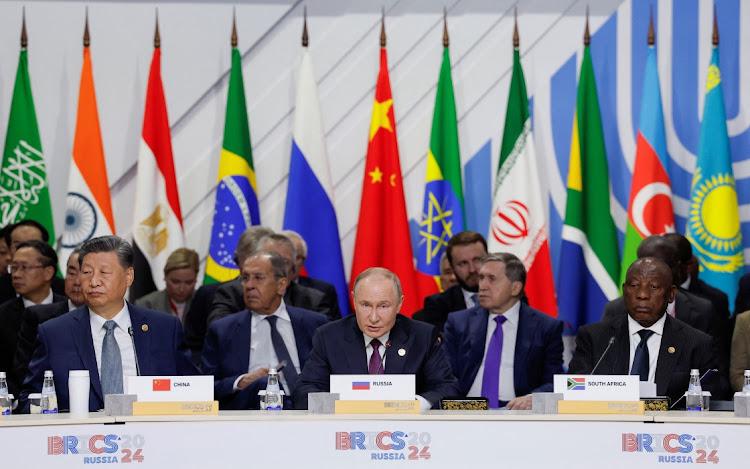

As global power balances shift, Africa is no longer content to be a spectator. With the BRICS+ alliance gaining momentum, many African nations now see a chance to rewrite the rules not with aid, but with agency. But is this truly a new dawn, or just a new dependency in disguise?
Massive Financing Without the Western Debt Trap
 Since the expansion of BRICS+, Africa has attracted significant investments from the Global South, led by China, India, Russia, Brazil, and others. Unlike traditional Western lenders, the New Development Bank (NDB) the financial arm of BRICS offers infrastructure loans without IMF-style austerity strings.
Since the expansion of BRICS+, Africa has attracted significant investments from the Global South, led by China, India, Russia, Brazil, and others. Unlike traditional Western lenders, the New Development Bank (NDB) the financial arm of BRICS offers infrastructure loans without IMF-style austerity strings.
“This is about mutual respect. It’s a win-win partnership,” says a Nigerian economic advisor. These countries aren’t lecturing African leaders , they’re building roads, power grids, and innovation hubs, often faster than any Western agency.
From Words to Works: Real Projects on the Ground

Whether it’s the Ethiopia–Djibouti rail corridor, Indian-funded solar farms in Senegal, or Russian-backed nuclear energy in Egypt, the BRICS approach is hands-on and high-impact.
“BRICS are investing in our strategic priorities not just symbolic projects,” says an Ivorian government official.
China and India lead in infrastructure; Brazil supports sustainable agriculture; Russia provides energy cooperation and technology transfer. These are not token gestures they are deep moves into Africa’s strategic resources: lithium, cobalt, rare earths, and oil.
But There Are Risks , Africa Is Not Naïve
Yes, critics warn of a “debt trap with Eastern characteristics”, and of growing trade imbalances with China. Others fear long-term dependency on BRICS markets.
But today’s African governments are sharper negotiators, setting terms and diversifying partners. The era of passive acceptance is over.
“We’re no longer just recipients. We’re players now,” says a pro-BRICS Kenyan economist.
De-dollarization: A Monetary Shift in Motion
One of the boldest shifts in the BRICS–Africa dynamic is the move toward de-dollarized trade. The aim? Monetary sovereignty, reduced vulnerability to US financial cycles, and greater regional resilience.
• China–Kenya: trades in yuan and shilling.
• Russia–South Africa: settlements in ruble and rand.
• Ghana: pilot for a BRICS multi-currency payments platform.
As a South African diplomat puts it: “The dollar was a tool of control. We need currencies that reflect our real weight in the world.”
Soft Power, Education, and Tech: Building the Future
BRICS are not just investing in concrete and copper they’re shaping minds. Scholarships, tech hubs, AI training programs: a new kind of Southern soft power is transforming African human capital.
Beijing funds elite fellowships. New Delhi trains engineers in AI. Moscow opens French-speaking campuses in Dakar. A new generation of BRICS-savvy African leaders is emerging global, connected, and assertive.
Africa Is No One’s Playground , It’s Becoming a Player
So , new Eldorado or new dependency? The truth lies somewhere in between. The BRICS aren’t charity donors, but strategic partners. And Africa, increasingly, is learning how to bargain on its own terms.
Yes, the risks are real. But for the first time in decades, Africa holds negotiating power, diversified allies, and a vision of sovereignty built from the South, not dictated from the North.
BRICS is not a fantasy. It’s a geopolitical opportunity if Africa enters as a strategist, not a subordinate.
BAÏDJAN Ahmed , Correspondent, India




